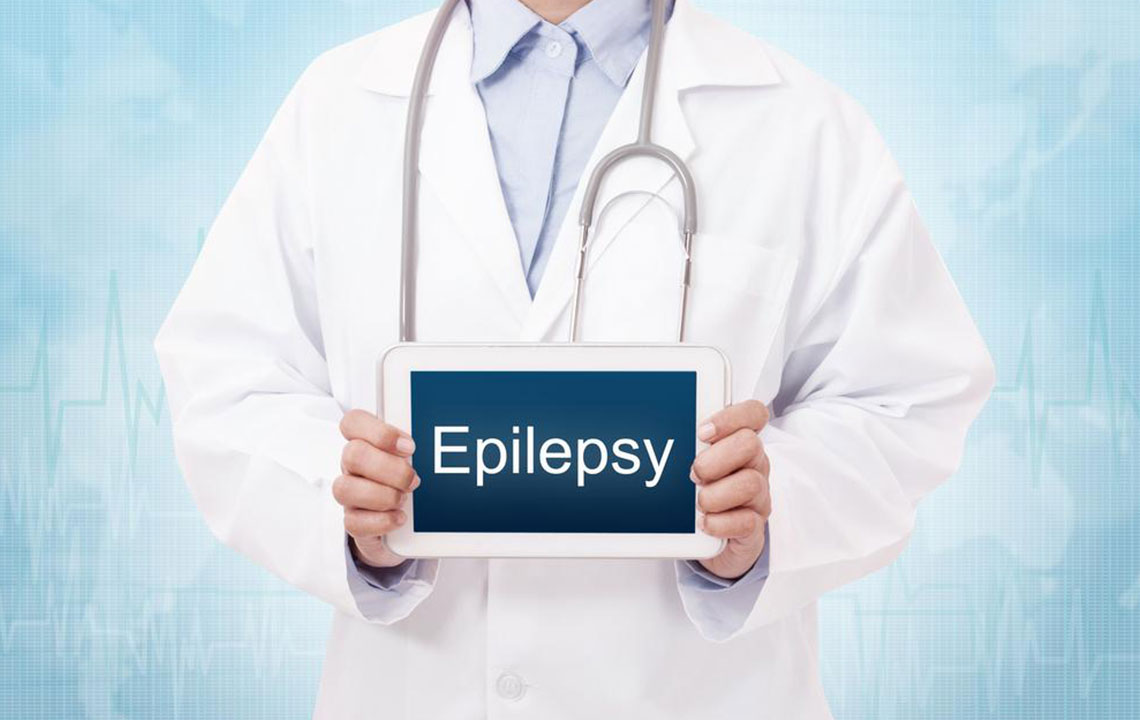How To Effectively Treat Epilepsy
Epilepsy is a condition that results in seizures, triggered by a multitude of reasons, but they all start in the very same manner – in the brain. Epilepsy is caused due to a sudden change in the pattern that your brain cells send and receive electrical signals. The fact that the nature of the problem is the same in every case, doesn’t mean that every type of epilepsy or epileptic seizure can be treated in the same manner.

In order to treat epilepsy correctly, the doctor must first diagnose the actual cause and nature of epilepsy on a case-to-case basis. Based on this, your doctor could offer a solution that would be the best course of treatment for you in particular.
Drugs and Medication
A large number of cases of epilepsy can be treated over time with medication. While there’s no cure for epilepsy, there is treatment. The right medication and care can be effective in handling seizures and their intensity. Medication is effective in treating at least 80% of the cases epilepsy. This, unfortunately, means that, for the remaining 20% of cases, medication doesn’t offer much relief. In some instances, people taking medication share that the drugs don’t make a significant enough difference in preventing seizures. So, while effective in over 80% of cases of epilepsy, whether medication on its own is the best treatment for epilepsy is still debatable.
Often, in case the prescribed medication fails to treat the seizures, doctors can change the medication for improved results. There are at least twenty different types of medication that could be prescribed for epilepsy. Know your options to ensure you get the best treatment for epilepsy. The following is the list of medicines that are usually prescribed to treat epilepsy:
- Divalproex
- Carbamazepine
- Diazepam
- Phenytoin
- Ethosuximide
- Phenobarbital
- Valproic Acid
- Primidone
The more recent drugs for epilepsy are as follows:
- Eslicarbazepine acetate
- Gabapentin
- Felbamate
- Lamotrigine
- Lacosamide
- Oxcarbazepine
- Levetiracetam
- Pregabalin
- Perampanel
- Topiramate
- Zonisamide
The different drugs come with their own attributes and characteristics. This is why they are effective for one type of epilepsy and not as effective for others. Each drug mentioned comes with its own side effects. Apart from the nature of your epilepsy, there are other factors that will decide which drug will be the most suitable for you. These factors are as follows:
- Age
- Gender
- Health issues
- Other drugs the patient is on
- Other possible side effects arising from medication
Women suffering from epilepsy must take additional precautions and understand certain aspects of the treatment cycle. This includes whether they can and should get pregnant while on epilepsy medication, whether the epilepsy drugs can stop the effectiveness of birth control pills and many more related issues. The drugs may also affect the menstrual cycle and increase the risk of osteoporosis.
The outcome of medication is not standardized for every patient. In other words, there can be patients who can find the right drug right away, and then there can be cases where the doctor and the patient might have to try one or more drugs to find the perfect medication for a patient. In this context, we see that every medication has different side effects. You, as a patient, must be careful about monitoring and tracking any changes in your health arising from medication.
In case you feel depressed suddenly, or if you experience feelings of being overwhelmed, or experience sudden weight gain, you should consult your doctor about it right away. There is every chance that these are side-effects of the drugs that you’re taking. In order to ensure that you do get the best treatment for epilepsy, it is mandatory that you stay vigilant and active in your correspondence with the doctor.
Other forms of Treatment
There are various other forms of treatment that could be used to handle epilepsy, and done under the controlled supervision and guidance of a doctor or healthcare professional, they could help you get the best treatment for epilepsy , possible. They are as follows:
- Ketogenic Diet
- Surgery
- Vagus Nerve Stimulation
- Responsive Neurostimulation Device
Apart from this, ensure that you don’t drink alcohol too often, stay up too late, or generally strain your brain too much. Overt exertion of your brain can trigger an epileptic seizure. Sleep deprivation and overexertion of your brain are two of the most prominent triggers for an epileptic seizure. Apart from treatment, ensure you take these cautionary steps to prevent any further seizures.


